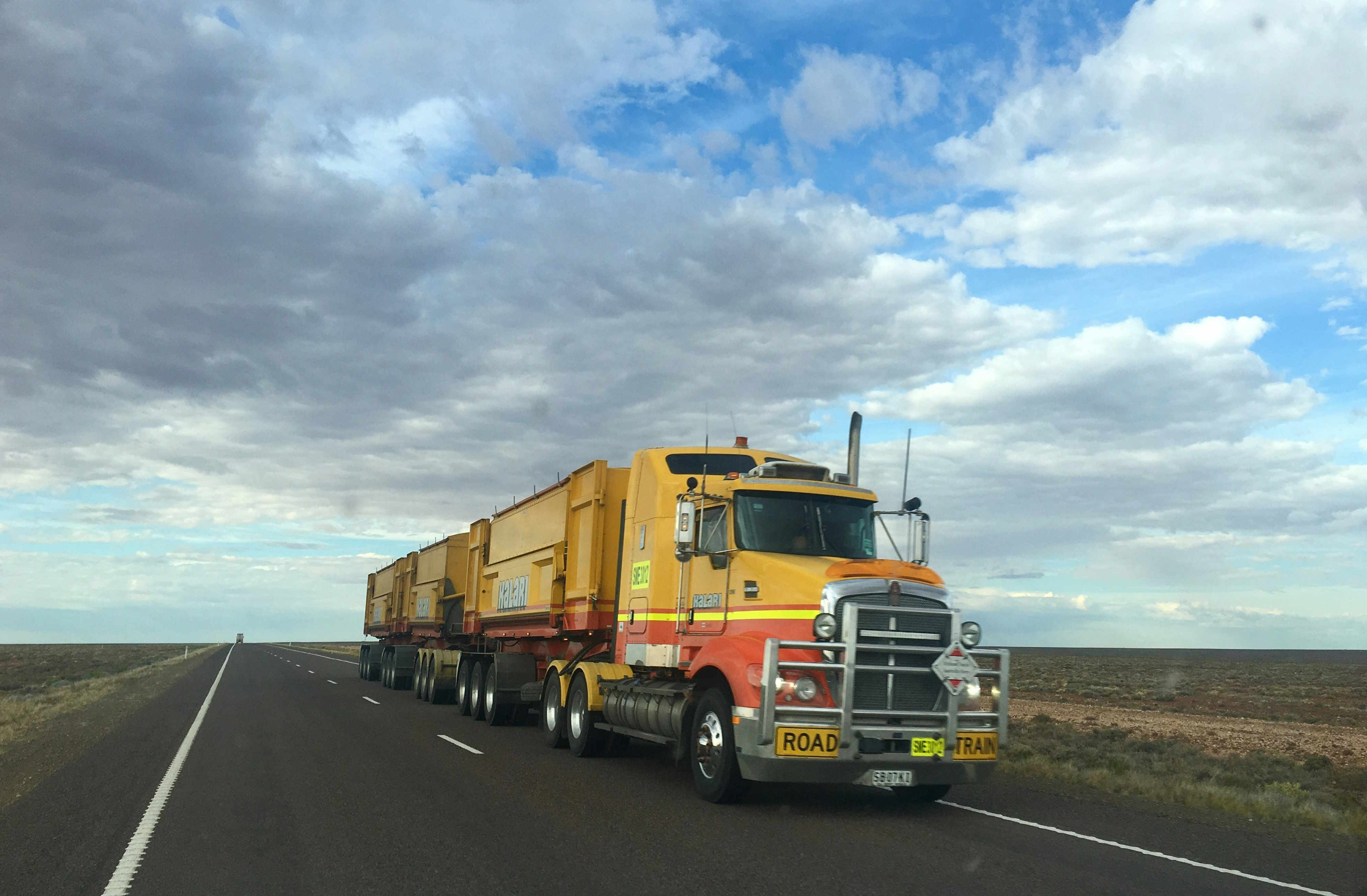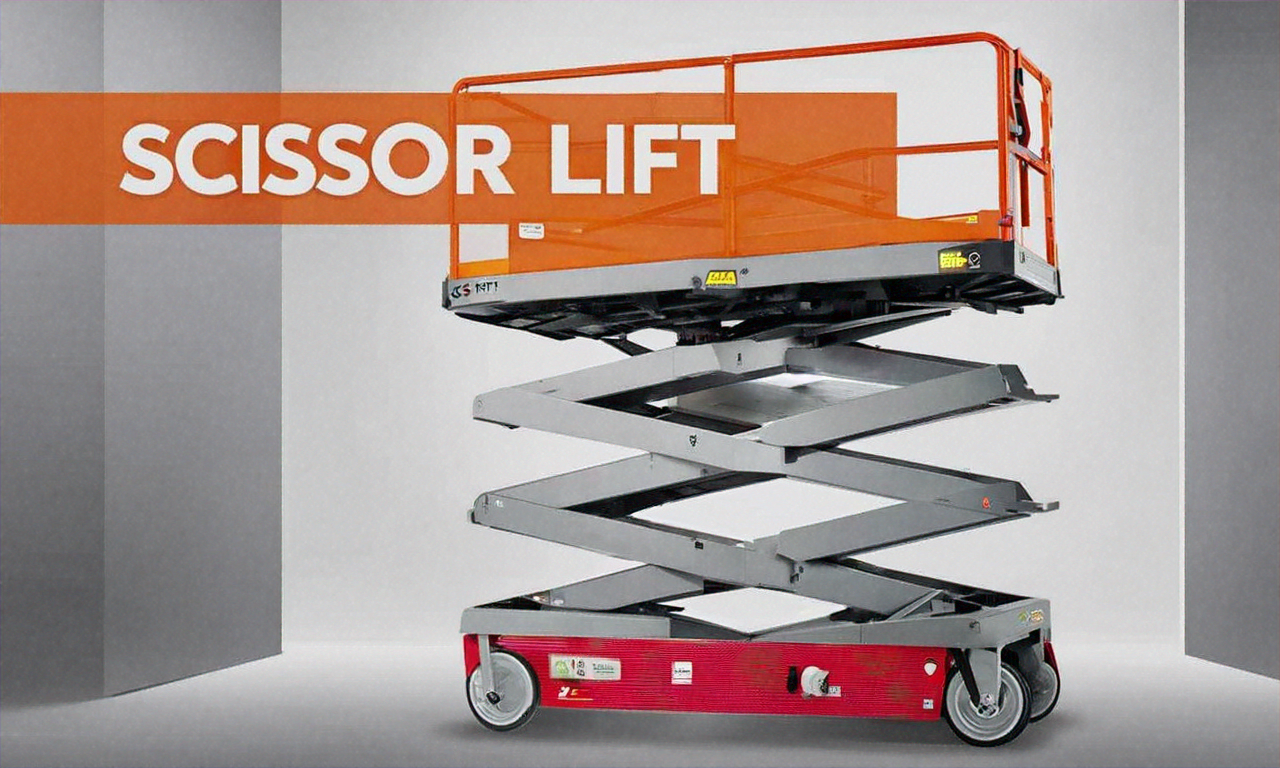Explore helpful tips on small trailers for daily use
Small trailers have become essential tools for countless Americans managing everyday tasks, from hauling groceries and garden supplies to transporting equipment for weekend projects. Whether you're a homeowner tackling yard work, a small business owner delivering goods, or someone who enjoys outdoor adventures, understanding how to select and use a compact trailer effectively can save time, money, and effort while enhancing your daily productivity.

Discover Practical Small Trailer Designs
Small trailers come in various configurations designed to meet different hauling needs. Utility trailers typically feature open beds with low sides, making them ideal for transporting lawn equipment, furniture, or building materials. Enclosed trailers provide weather protection and security for tools or merchandise, while specialized designs like motorcycle trailers or kayak haulers serve specific purposes. Most compact trailers range from 4 to 6 feet in length, with single-axle construction that makes them easy to maneuver in tight spaces. When selecting a design, consider your most frequent hauling tasks and storage limitations. A folding trailer can be an excellent choice for those with limited garage space, as it collapses when not in use. Box trailers with removable sides offer versatility, allowing you to configure the bed based on load requirements.
Understand Features for Everyday Use
The right features can significantly enhance a trailer’s practicality for daily tasks. Weight capacity stands as the most critical specification, with small trailers typically handling between 1,000 and 2,500 pounds. Check your vehicle’s towing capacity to ensure compatibility before purchasing. Coupler type matters for ease of attachment, with most small trailers using 1-7/8 inch or 2 inch ball mounts. Safety chains, properly rated lights, and functioning brakes on larger models ensure legal compliance and road safety. Tie-down points integrated into the trailer bed provide secure anchor locations for straps and bungee cords. Consider trailers with treated wood or aluminum beds, as these materials resist weather damage better than untreated steel. Fenders that fully cover wheels protect your cargo from road debris and mud. A tilting bed feature simplifies loading heavy items like riding mowers or ATVs by reducing the ramp angle.
Get Tips for Efficient Loading
Proper loading techniques protect both your cargo and your vehicle while improving fuel efficiency. Always place the heaviest items over the axle or slightly forward to maintain proper tongue weight, which should be 10 to 15 percent of the total trailer weight. This balance prevents trailer sway and reduces stress on your vehicle’s hitch. Distribute weight evenly from side to side to avoid uneven tire wear and handling problems. Secure all items with appropriate restraints before moving, using ratchet straps for heavy loads and bungee cords for lighter items. Stack items strategically, placing fragile objects on top and cushioning them with blankets or padding. For loose materials like mulch or gravel, avoid overloading beyond the sidewall height, as spillage creates road hazards. When hauling tall items, lower them as much as possible to reduce wind resistance. Check tire pressure before each trip, as properly inflated tires improve handling and prevent blowouts. Make a habit of walking around the loaded trailer to verify that nothing protrudes dangerously and all lights function correctly.
Explore Versatile Transport Options
Small trailers adapt to an impressive range of daily transportation needs beyond basic hauling. Homeowners use them for dump runs, moving appliances during renovations, and transporting seasonal decorations between storage and home. Gardening enthusiasts appreciate the convenience of bringing home bulk soil, mulch, and plants from nurseries without dirtying vehicle interiors. Small business owners in landscaping, handyman services, and mobile pet grooming rely on compact trailers to carry tools and supplies to job sites. Recreational users transport camping gear, bicycles, canoes, and fishing equipment to outdoor destinations. Some people even use small trailers as mobile workstations, outfitting them with tool organizers and equipment racks. The versatility extends to helping friends and family with moves, delivering donated items to charities, and collecting curbside finds for upcycling projects. With proper maintenance, a quality small trailer serves these varied purposes for many years.
Maximize Your Trailer’s Potential
Getting the most value from your small trailer involves regular maintenance and smart accessories. Inspect wheel bearings annually and repack them with grease to prevent bearing failure during trips. Check tire tread depth and replace tires showing wear indicators or sidewall cracks. Apply rust-preventive paint to any exposed metal surfaces, especially if you live in areas with road salt or high humidity. Installing a spare tire carrier eliminates the stress of roadside breakdowns. Toolboxes mounted to the tongue provide convenient storage for straps, chains, and basic tools. Removable side rails increase bed height for bulky loads, while a weatherproof cover protects the trailer when parked outdoors. Consider adding reflective tape to improve visibility during early morning or evening use. Keep your trailer registration current and store documentation in your vehicle for roadside inspections. Practice backing up in an empty parking lot to build confidence with trailer maneuvering. Clean the trailer bed after each use to prevent rust and maintain resale value. By treating your small trailer as a valuable tool rather than an afterthought, you’ll find countless ways it simplifies daily tasks and expands what you can accomplish independently.
Choosing the Right Trailer for Your Needs
Selecting a small trailer requires balancing immediate needs with future versatility. First-time buyers often benefit from starting with a basic utility trailer that handles multiple tasks rather than a specialized model. Visit local trailer dealers to compare build quality, as construction standards vary significantly between manufacturers. Welded frames generally outlast bolted assemblies, and galvanized or powder-coated finishes resist corrosion better than basic paint. Ask about warranty coverage, as reputable manufacturers typically offer at least one year of protection against defects. Consider buying used trailers from private sellers or rental companies upgrading their fleets, as quality trailers retain functionality for decades with proper care. However, inspect used trailers carefully for frame damage, rust, and worn components that could require expensive repairs. Factor in additional costs like registration fees, insurance if required in your state, and safety equipment. Remember that a slightly larger trailer often costs only marginally more than a smaller one while providing greater flexibility for unexpected hauling needs.




